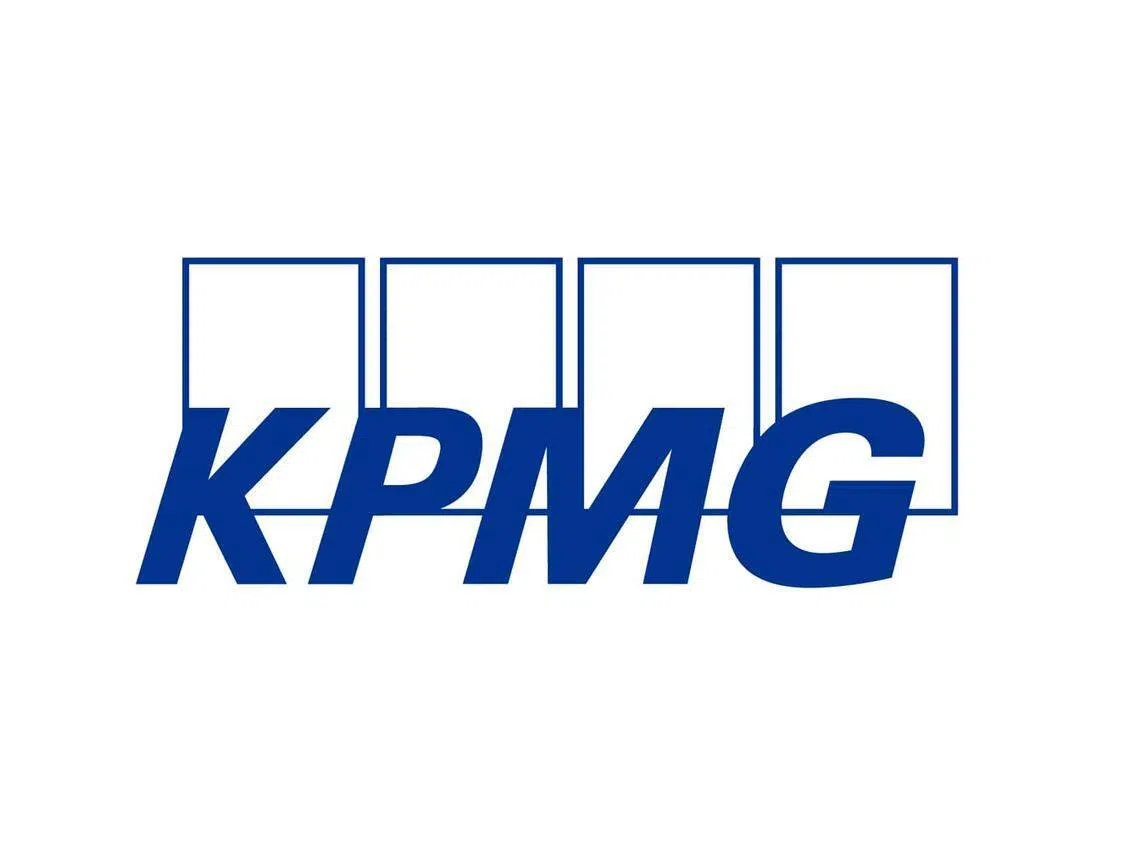Unlocking the future of auditing: data, analytics, and trust in the age of AI
The cutting-edge technology helps to enhance the quality and efficiency of the auditing process
ARTIFICIAL intelligence (AI) is all the rage these days, as businesses big and small display never-before levels of enthusiasm at its potential.
It promises a scale of productivity never imagined before, time and cost savings, as well as the potential to deliver even better quality of goods and services than before.
Hence, it should be no surprise that the cutting-edge technology is now being used in one of the oldest and most ancient professions – auditing.
“AI-enabled auditing leverages AI techniques to enhance the quality and efficiency of the auditing process,” says Alex Koh, partner and head of audit, KPMG in Singapore (KPMG).
“We believe that AI will play a pivotal role in identifying high-risk transactions, allowing our auditors to channel their expertise into more valuable areas, ultimately enhancing the audit service for all stakeholders,” he adds.
One of the ways the firm integrates AI is through an approach called “feature engineering”, which involves building models to pinpoint unusual data patterns and focus on high-risk transactions.
Navigate Asia in
a new global order
Get the insights delivered to your inbox.
The solution adopts a multi-faceted approach, combining rules-based, statistical, and machine learning algorithms to meet rigorous auditing standards and boost anomaly detection in its auditing process.
As a result, this solution seamlessly covers both risk assessment and substantive testing using the same data sets, eliminating the need for the traditional phased audit, says Koh.
At the same time, the firm is also actively gearing up for the use of generative AI to further enhance the productivity of its employees which will in turn raise the efficiency and effectiveness of business outcomes in the work delivered for clients.
For example, KPMG in Singapore is one of the first among its global network to use the KPMG Clara AI Chat (AI Chat) – an in-house proprietary version of OpenAI’s ChatGPT hosted on the KPMG’s Microsoft Azure Cloud.
The AI Chat will be embedded into KPMG’s smart audit platform, called KPMG Clara, integrating new and emerging technologies, with advanced capabilities that leverage data science, audit automation, and data visualisation to enhance its audit methodology. This initiative is set to be available to all auditors by mid-2024.
Tapping opportunities
With all its AI-related initiatives, one wonders: Are employees afraid they would one day be replaced by AI altogether?
Koh does not think so, as he believes there is at least that one vital factor an AI lacks – explainability.
One way that KPMG auditors add to its existing AI capabilities is to conduct analyses to derive meaningful insights after its audit procedures are run on machine learning algorithms.
“Our audit teams will provide detailed analyses to businesses as to why the solution generates certain observations or outputs,” says Koh.
“Furthermore, outputs derived from the AI-enabled tools that KPMG utilises will need to be first verified before the audit teams use the data as audit evidence,” he adds.
Thus, the firm believes in training its audit teams to help them keep up with the latest skills and knowledge in audit innovation.
It does this by providing regular data and technology tools training and giving employees secondment opportunities to its audit innovation lab.
KPMG also runs annual innovation roadshows for its audit teams, organises community building sessions, hackathons, identifies skilled innovation ambassadors to share tips and tricks as well as offer specialised courses through strategic alliances with tech companies.
Leveraging data
Auditors are vigilant for anomalies and outliers as that could signal potential errors, fraud, or non-compliance risks warranting investigation, says Koh.
These insights are often derived by extracting, analysing financial data and combining it with other market or operational data.
It thus sees leveraging data as a key to the firm’s success.
“In the auditing space, having reliable data is imperative as auditors heavily depend on such data to support the use of data analytics and artificial intelligence audit tools,” Koh says.
The availability of data also allows the firm more opportunities to automate routine procedures, Koh explains, which then allows auditors a better focus of their time on critical areas to benefit businesses looking for a quality and efficient audit.
KPMG has thus been quick to leverage data to its advantage, using it to identify patterns and corroborate them with the clients’ response from inquiries carried out.
Its auditors also use data visualisation tools to present findings in an intuitive and interactive manner, giving clients more visibility over their data.
“Data and analytics play an important role in aiding auditors to identify outliers more effectively and efficiently throughout the audit process,” says Koh.
At KPMG, auditors are able to harness technology to enhance the quality of work, engaging in more meaningful interactions with businesses, especially in areas requiring judgement or estimates.
“This shift adds value in the form of real-time insights, signalling a future where humans and technology work in synergy to deliver comprehensive and dynamic audits,” he adds.

Decoding Asia newsletter: your guide to navigating Asia in a new global order. Sign up here to get Decoding Asia newsletter. Delivered to your inbox. Free.
Copyright SPH Media. All rights reserved.

